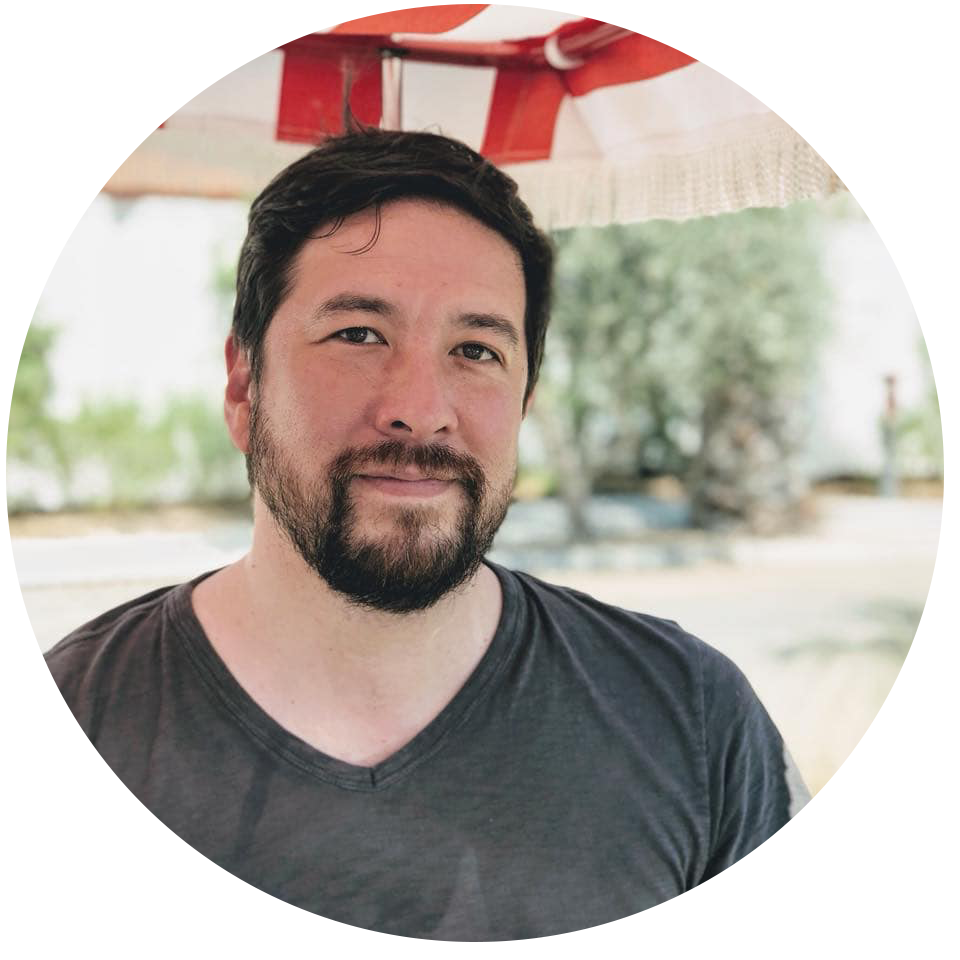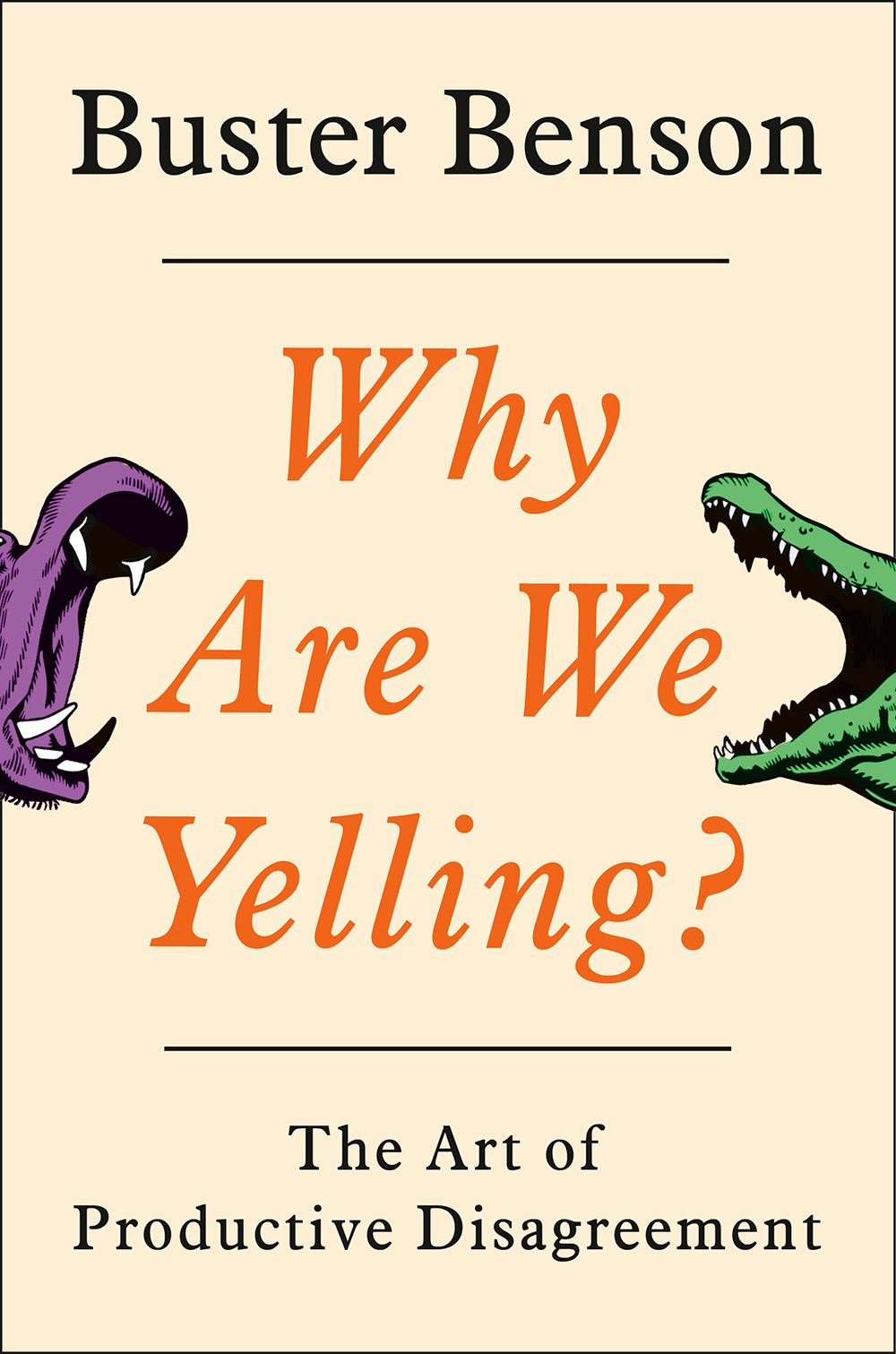“A virtue of gaming that is sometimes overlooked by those seeking grander goals is its unparalleled advantages in training and educational programs. A game can easily be made fascinating enough to put over the dullest facts. To sit down and play through a game is to be convinced as by no argument, however persuasively presented.”
— A.M. MOOD, RAND CORPORATION (1954)
A Dark Consensus About Screens and Kids Begins to Emerge in Silicon Valley
Stories from many prominent Silicon Valley personalities and their parenting strategies around technology.
Is Screen Time Bad for Kids’ Brains?
Lots of good questions, but no conclusive evidence that it's bad for kid brains. Other than maybe that there is no really causal story between technology and kid brains.
Parenting the Fortnite Addict
A pretty good introduction to the many questions parents ask when it comes to letting their kids play Fortnight. It makes cases for both sides.
Monopoly’s Anti-Capitalist, Socialist Roots as a Teaching Game at Wharton
Games can and have been used as very effective educational tools.
A Parenting Paradox: How Kids Manage To Be 'All Joy And No Fun'
An interview with an author who wrote a book about how being a parent doesn't necessarily make you happier once you disentangle the difference between joy and fun.
There's Nothing Virtuous About Finding Common Ground
An emphatic case about finding common ground with moral issues.
A good friend sent this to me. It inspired me to start to consolidate different perspectives around this question:
quantum realism
The idea that the world is the output, or shadow, of a different reality.
Quantum realism is a term I first learned from an article by Brian Whitworth, a senior lecturer in computing at Massey University. The idea is in opposition to “physical realism” (that belief that the physical world we see is real and exists by itself, alone). Quantum realism asserts that the physical world isn’t real in itself, but merely the output (or shadow, or result, or projected image) of a quantum reality that is generating it. It’s basically a virtual reality, or a simulation.
I’m still learning about this and definitely couldn’t explain or defend it, but I’m fascinated by the idea and keep thinking about it. I need to read this a few more times.
The Elephants
Using accountability as the primary tool for self-improvement is well-articulated here.
Rational Emotive Behavior Therapy
A form of cognitive behavioral therapy that acknowledges the problems our reactions create.
poetic naturalism
A way to talk about the world that strives to be accurate and still able to talk about things that we can't talk about accurately.
Naturalism is a philosophy that believes there’s only one world: the natural world (made of matter, energy, space, time, etc). It can be explored and tested and understood through the scientific method. There’s no “supernatural” world that can’t be explained as part of the natural world. The “poetic” qualifier comes from Sean Carroll, which I learned about through his book “The Big Picture”.
He does a good job of making the case for an appreciation of not only the natural world, but “ways of talking about it” through stories, mental models, theories, etc. To the extent that these various ways of talking about the natural world are useful and consistent with what we know about the natural world, they can be considered “real”.
In his words:
“A poetic naturalist will deny that notions like “right and wrong,” “purpose and duty,” or “beauty and ugliness” are part of the fundamental architecture of the world. The world is just the world, unfolding according to the patterns of nature, free of any judgmental attributes. But these moral and ethical and aesthetic vocabularies can be perfectly useful ways of talking about the world. The criteria for choosing the best ways to talk about it will necessarily be different that the criteria we use for purely descriptive, scientific vocabularies. There won’t be a single rational way to delineate good from bad, sublime from repulsive. But we can still speak in such terms, and put in the hard work to make our actions live up to our own internal aspirations. We just have to admit that judgments come from within ourselves.”
This resonates with me quite a bit.

Buster Benson (@buster) is a writer and builder of things. If you're new here, check the about page or see my entire life on a page.
Join my newsletter to get updates about my book and analysis of bias and unproductive disagreements in the wild. Browse the archive first, to get a feel.
SubscribeI'm not great at email but I'm not the worst either. My DMs are open on Twitter as well.
